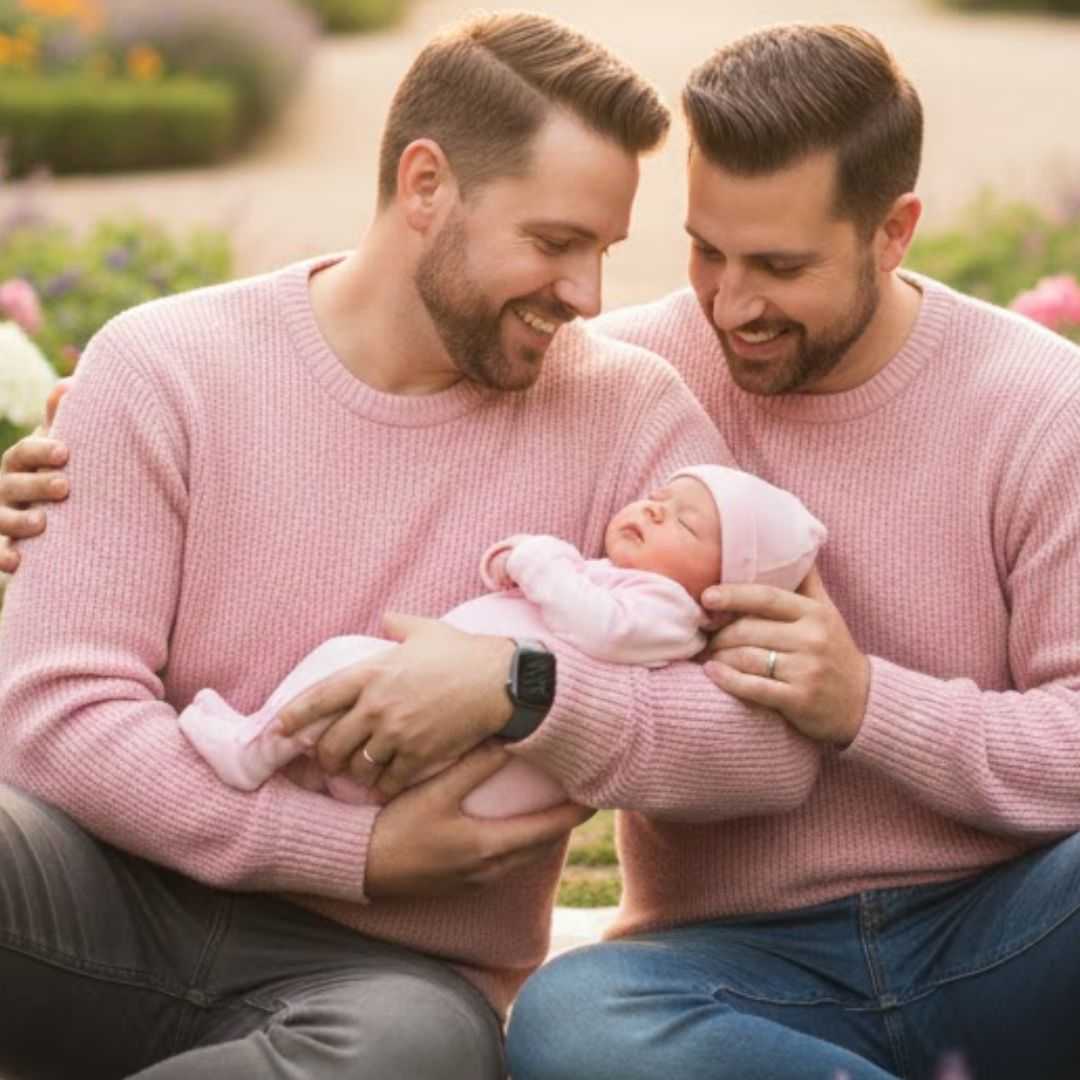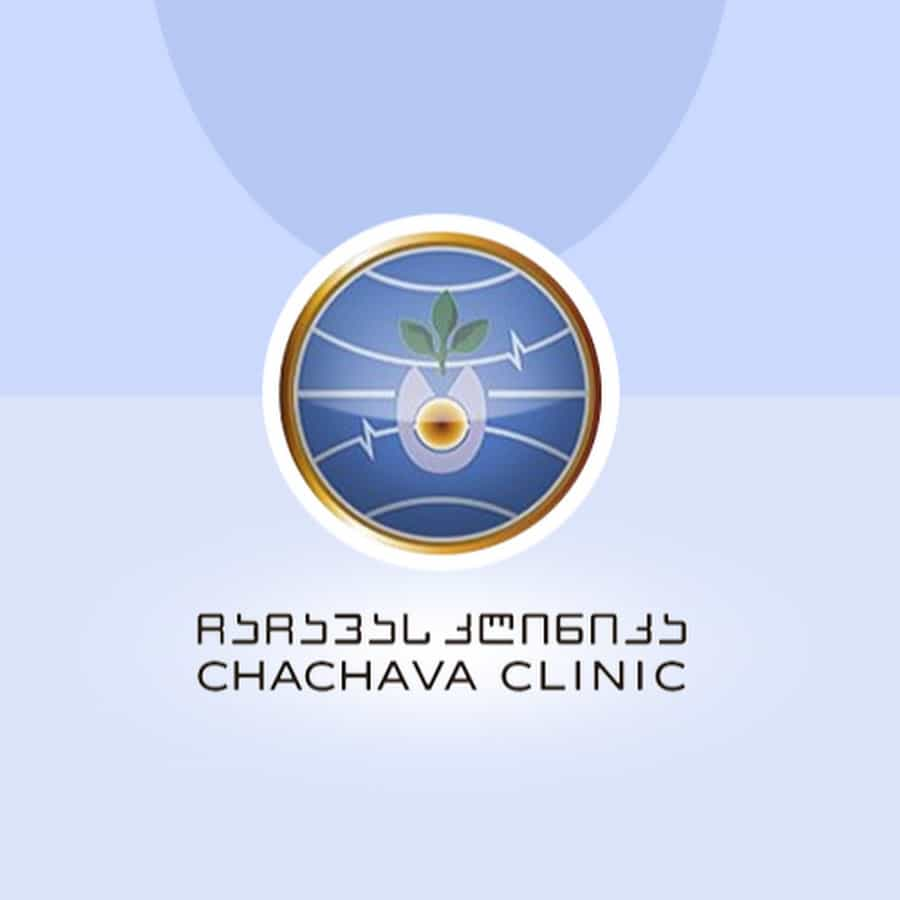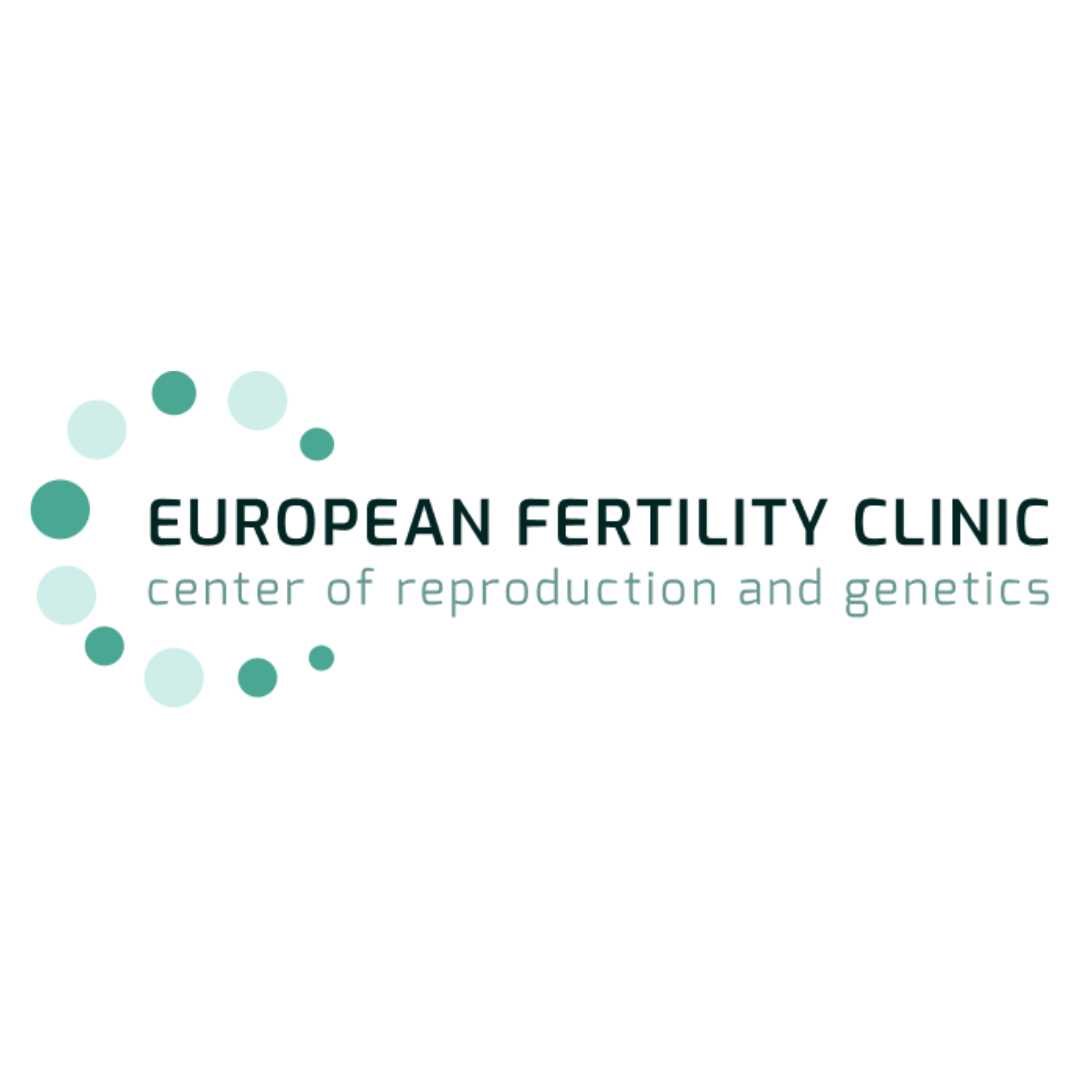Georgia IVF & Surrogacy Laws 2025: A Complete Guide

Are you considering in vitro fertilization (IVF) in the country of Georgia and wondering about the legal landscape? You're not alone. Many individuals and couples look to Georgia for fertility treatments, drawn by its reputation for quality medical care and historically favorable laws. This comprehensive guide will walk you through the ins and outs of IVF legality in Georgia, addressing the most pressing questions people have.
The short answer is that IVF is legal in Georgia. The country has a well-established legal framework for assisted reproductive technologies. However, the specifics of who can access these treatments and under what conditions have been the subject of recent debate and proposed changes. Understanding these nuances is crucial for anyone considering this path to parenthood.
What is the primary law governing IVF in Georgia?
"The primary law governing IVF in Georgia is the 'Law of Georgia on Health Care,' specifically Articles 141 and 143, which provide the legal basis for assisted reproductive technologies."
This legislation, first established in 1997, has been the cornerstone of Georgia's approach to fertility treatments. It explicitly permits IVF for the purpose of treating infertility. The law also originally laid the groundwork for surrogacy and the use of donor gametes (sperm and eggs), making Georgia a notable destination for reproductive tourism. These articles establish the legal parentage of children born through these methods, providing a degree of security for intended parents.
It is this legal foundation that has historically made Georgia an attractive option for those seeking fertility treatments abroad. The law was designed to be clear and supportive, which has contributed to the growth of a robust network of fertility clinics and experienced medical professionals in the country.
Is IVF in Georgia legal for foreigners?
"Historically, IVF has been legal for foreigners in Georgia. However, a proposed law in 2023 aimed to restrict IVF and surrogacy services for non-Georgian citizens. As of mid-2025, there are conflicting reports on whether this ban has been fully enacted, creating a complex and uncertain legal situation for international patients."
This is one of the most critical and currently ambiguous aspects of Georgian reproductive law. In 2023, the Georgian government announced its intention to ban commercial surrogacy and limit IVF services for foreigners, with a proposed effective date of January 2024. The stated reasons included concerns about the welfare of children born through these arrangements and a desire to regulate the industry more tightly.
However, various sources indicate that this proposed legislation has stalled in parliament and has not been officially enacted. Some clinics and agencies continue to offer services to foreigners, suggesting the legal situation remains in flux. It is imperative for any foreign national considering IVF in Georgia to seek up-to-date legal counsel from a reputable source within the country to understand the current and practical application of the law.
Can single women legally undergo IVF in Georgia?
"The legality of IVF for single women in Georgia is not explicitly prohibited for the IVF procedure itself. However, the legal framework, particularly concerning surrogacy, is more clearly defined for heterosexual couples, and the recent legislative discussions have created some uncertainty for single individuals."
While the "Law of Georgia on Health Care" has been interpreted to allow single women to access IVF, the focus of the legislation and the services of many clinics have traditionally catered to heterosexual couples. The process is generally more straightforward for married or cohabiting heterosexual partners.
For single women, especially those who may also require a sperm donor, it is crucial to consult directly with fertility clinics in Georgia to understand their specific policies and any legal hurdles they may face. The legal landscape can be less clear for single parents, and direct communication with legal and medical professionals is essential.
Is IVF an option for same-sex couples in Georgia?
"IVF for same-sex couples in Georgia is a legally complex and challenging issue. While some sources suggest it might be possible with careful legal planning, the country does not recognize same-sex marriage or civil unions, and recent anti-LGBT legislation has created a more restrictive environment, making it a very difficult path to pursue."
Georgia's constitution defines marriage as a union between a man and a woman, and there are no legal provisions for same-sex partnerships. This lack of legal recognition creates significant obstacles for same-sex couples seeking to establish legal parentage of a child born through IVF.
Furthermore, recent legislative initiatives with anti-LGBT rhetoric have made the social and legal climate more challenging for the LGBTQ+ community. While some legal professionals in the past may have navigated loopholes, the current environment makes it an exceptionally high-risk and potentially unviable option for same-sex couples.
What about egg and sperm donation in Georgia?
"Egg and sperm donation are legally permitted in Georgia under the 'Law of Georgia on Health Care.' The law allows for the use of donor gametes in IVF treatments."
The legal framework in Georgia has historically been supportive of both anonymous and non-anonymous donation of eggs and sperm. This has been a key factor in making Georgia an attractive destination for fertility treatments, as it provides options for a wide range of individuals and couples with different medical needs.
Donors typically undergo thorough medical and genetic screening to ensure the health and safety of the resulting child. The law clearly establishes that the donor has no parental rights or responsibilities over the child born from their donation.
Is surrogacy legal in Georgia?
"Gestational surrogacy has been legal in Georgia and is regulated by the 'Law of Georgia on Health Care.' However, this area of reproductive law has been the subject of the most intense debate regarding a potential ban for foreigners."
Georgia has been one of the few countries with clear legislation permitting commercial surrogacy, where the surrogate mother is compensated for carrying the pregnancy. The law explicitly states that the intended parents are the legal parents of the child from the moment of conception, and the surrogate has no parental rights.
The proposed ban on commercial surrogacy for foreigners, if enacted, would represent a major shift in Georgian law. As with IVF for foreigners, the current status of this ban is unclear, and anyone considering surrogacy in Georgia must seek expert legal advice to understand the present legal realities.
What are the age limits for undergoing IVF in Georgia?
"There is no strict upper age limit for undergoing IVF in Georgia stipulated in the law. However, individual clinics will have their own medical guidelines and may assess a patient's suitability for treatment based on their age and overall health."
While the law itself does not set a maximum age for IVF, reputable clinics will adhere to medical best practices. A woman's age is a significant factor in the success of IVF, and clinics will conduct a thorough evaluation of each patient to determine the likelihood of a successful and healthy pregnancy.
This assessment will typically include hormone level testing and an evaluation of ovarian reserve. The decision to proceed with treatment will be a medical one, made in consultation with the patient.
What are the legal rights of parents of a child born through IVF in Georgia?
"The 'Law of Georgia on Health Care' clearly establishes that the intended parents who have undergone IVF are the legal parents of the child. This is a key provision that has provided legal security for those pursuing fertility treatment in the country."
In cases of heterosexual couples using their own gametes, their parentage is straightforward. When donor eggs or sperm are used, the law still recognizes the intended parents as the legal parents, with the donor having no parental claims.
For children born through surrogacy (where it is legally performed), the intended parents' names are placed on the birth certificate, and the surrogate mother has no legal parental rights. This legal clarity has been a significant advantage of the Georgian system.
What should I consider before pursuing IVF in Georgia?
"Before pursuing IVF in Georgia, it is crucial to conduct thorough research, seek up-to-date legal advice on the current status of laws for foreigners, and choose a reputable clinic with a strong track record and transparent communication."
Given the potential for legal changes, the most important step is to verify the current regulations. You should also:
- Consult with a Georgian lawyer specializing in reproductive law: They can provide the most accurate and current information.
- Thoroughly vet your chosen clinic: Look for international accreditations, success rates, and patient reviews.
- Understand all the costs involved: This includes medical procedures, legal fees, travel, and accommodation.
- Have a clear understanding of the entire process: From initial consultations to embryo transfer and potential legal steps for establishing parentage in your home country.
Explore your healthcare options with PlacidWay. If you are considering medical tourism for fertility treatments or other healthcare needs, PlacidWay can help you find accredited clinics and experienced doctors worldwide. Discover your path to parenthood with confidence.


.png)




.png)
.png)








Share this listing